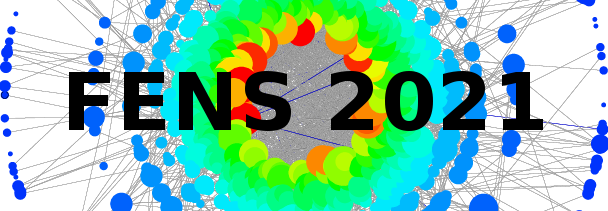Speaker
Description
The "endo-exo" problem in complex systems (ecology, earthquakes, financial volatility, epileptic seizures…) and how to disentangle the long-term memory (Hurst, etc.) from time-varying trends?
The "endo-exo" problem -- i.e., decomposing system activity into exogenous and endogenous parts -- lies at the heart of statistical identification in many fields of science. E.g., consider the problem of determining if an earthquake is a mainshock or aftershock, or if a surge in the popularity of a youtube video is because it is "going viral", or simply due to high activity across the platform. The "endo-exo" problem is also at the heart of a general description of the dynamics of out-of-equilibrium complex systems generalising the fluctuation-susceptibility theorem.
I will present recent exciting results obtained in my group, which include:
[1] S. Wheatley, A. Wehrli, and D. Sornette, The endo-exo problem in high frequency financial price fluctuations and rejecting criticality. Quantitative Finance 19(7), 1165-1178 (2019)
[2] A. Wehrli, S. Wheatley and D. Sornette, Scale-, time- and asset-dependence of Hawkes process parameters estimated on high frequency price change data, Quantitative Finance, doi:10.1080/14697688.2020.1838602 (2021)
[3] S. Nandan, S. K. Ram, G. Ouillon and D. Sornette, Is the Earth crust operating at a critical point? Phys. Rev. Lett. (in press) [arxiv:2012.06013]
[4] K. Kanazawa and Didier Sornette, Non-universal power law distribution of intensities of the self-excited Hawkes process: a field-theoretical approach, Phys. Rev. Lett. 125, 138301 (1-6) (2020)
[5] K. Kanazawa and D. Sornette, New universal mechanism for Zipf's law in nonlinear self-excited Hawkes processes, Phys. Rev. Lett. (submitted) [arxiv:2102.00242]

